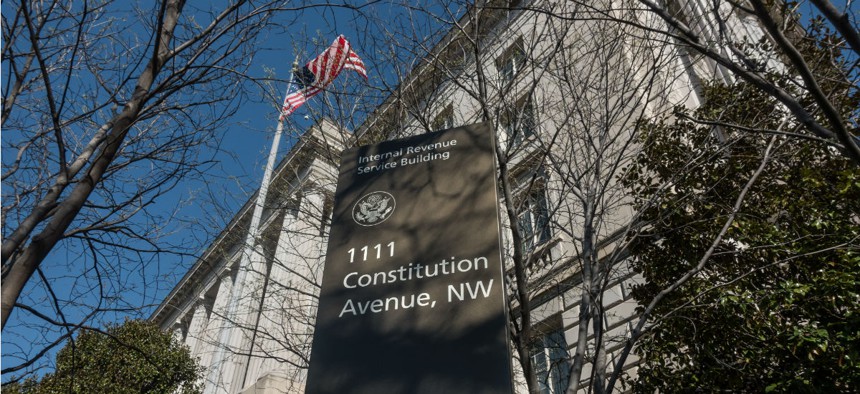
bakdc/Shutterstock
Fewer Taxpayers Fall Prey to Identity Thieves, IRS Chief Says
Agency’s countermeasures show progress, though causes for decline are unclear.
Internal Revenue Commissioner John Koskinen on Tuesday highlighted a welcome drop in the number of identity theft cases victimizing tax filers.
In the first five months of 2017, he told an IRS Nationwide Tax Forum in Las Vegas, 96,000 fewer victims were reported than in 2015, a drop of 47 percent. “This stunning decline over two years is the direct result of continued good work by IRS employees and the ongoing efforts of our partners in the private sector and state tax administrators,” he said.
Earlier reports of a drop of 698,700 in calendar year 2015 to 376,500 in 2016 represented “a stunning statistic that many have overlooked,” he added. The decline “illustrates how we were able to improve our ability to stop criminals from filing false returns using someone else’s personal information.”
Long under fire for the rise in criminal activity ranging from the theft of Social Security numbers to counterfeiting of W-2 forms, the IRS on March 15 set up a “security summit” in partnership with industry to prevent identity theft. It now maintains an Identity Theft Tax Refund Fraud Information Sharing and Analysis Center and is working with professional tax preparers on prevention.
“There is still more work to be done, because identity theft remains a threat,” Koskinen said. “Our summit partners are already hard at work developing more safeguards we will build into the system in time for the next tax filing season.”
Tax fraud through identity theft remains on the high risk list of the Government Accountability Office. In 2016, its auditors found some weaknesses in the IRS’s Taxpayer Protection Program to authenticate suspicious tax returns that relies on posing questions that only the real taxpayer could answer. Many fraudsters get around the filters by obtaining personally identifiable information, resulting in a loss to the Treasury of possibly $30 million in 2015, through just 7,200 faulty returns, GAO said. “Our analysis indicates that IRS underestimated how many fraudulent IDT returns passed TPP authentication.”
The National Taxpayer Advocate in her 2017 mid-year report, said, “For reasons we cannot know for certain, the IRS has seen a decline in identity theft case receipts,” a drop replicated in the tally of cases reported to the NTA. “The IRS is continually improving its fraud detection filters and safeguards,” Nina Olson wrote. “For example, the IRS now limits the number of refunds delivered to one bank account, which makes it more difficult for perpetrators to get away with mass refund fraud schemes.”
She recommended that the IRS take advantage of the reduced case load to make its authentication procedures less burdensome for victims.
NEXT STORY: Beware Attempting to Fix a Difficult Employee







